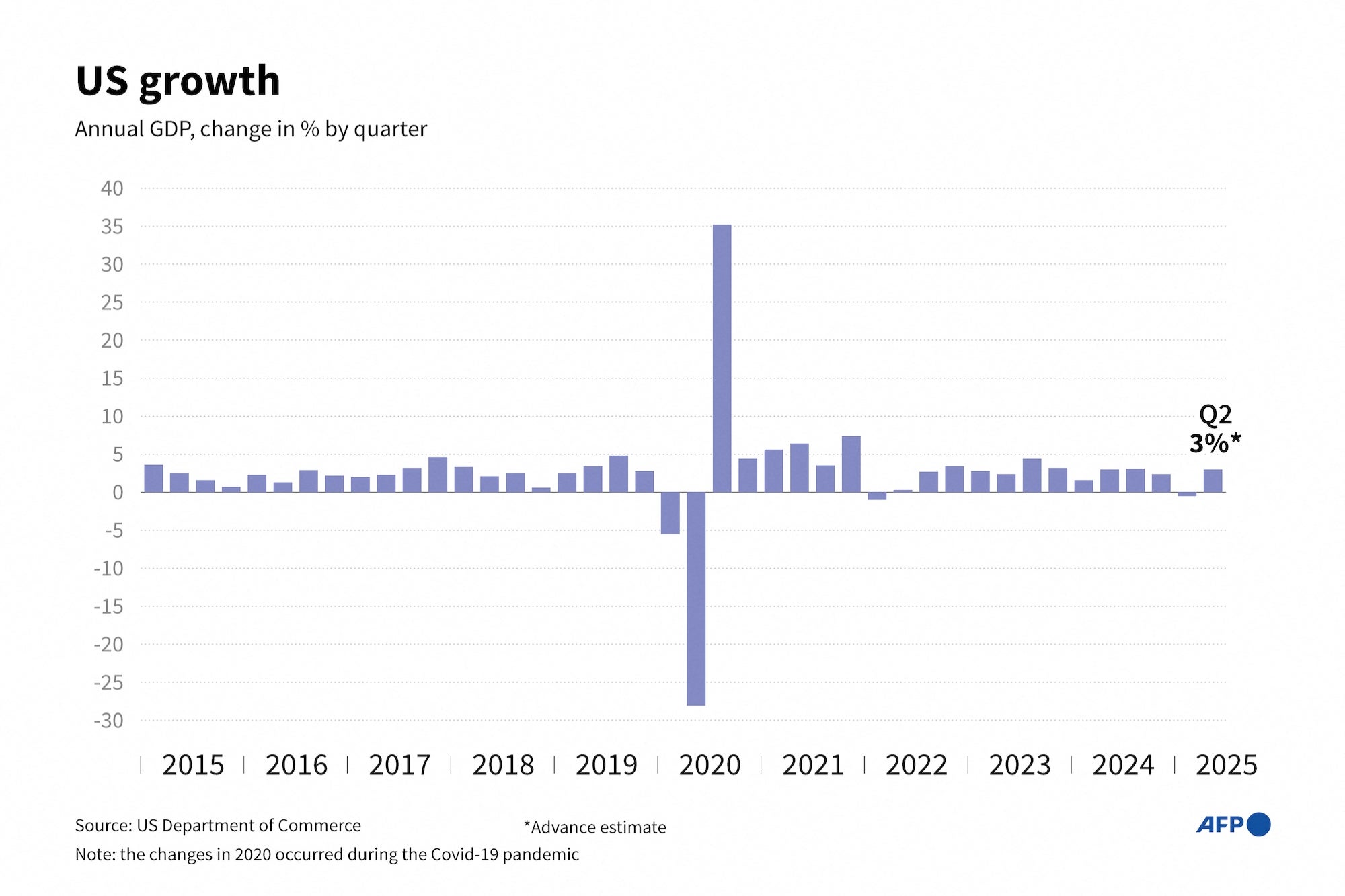Everything You Always Wanted to Know About Venture Capital (But Were Afraid to Ask) VC sounds appealing, but is it for you? Here's what you need to know to navigate a "typical'" series of fundraising rounds.
By Zach Ferres Edited by Dan Bova
Opinions expressed by BIZ Experiences contributors are their own.

Venture capitalists are gradually reining in startup investments, a trend toward normalization since the spike in global venture activity that began in late 2013. A combination of collapsing global economies, negative interest rates and all the hype surrounding high-growth startups in the digital age resulted in monster valuations for plenty of young companies.
Consider the unicorns of late 2015.
Venture capitalists have bankrolled about $15 billion per quarter in 2016, suggesting a cooling-off period in startup investment. These investments have declined slightly from a peak of about $20 billion per quarter in mid-2015.
Even so, it's still a seller's market, and strong demand exists for organizations that investors can deploy gobs of capital to. Consistently strong demand over the years has, however, had its down side.
Related: Bootstrapping Is Much More Fun Than Investors
When I started my company in 2008, "building a startup" was all about bootstrapping, selling and hustling your ass off to hit payroll. Unfortunately, the VC boom has caused many early-stage BIZ Experiencess to think they should come up with an idea, get funded, build a masterpiece and then wait for that next VC round to come in. In most cases, this chain of events is a myth. Venture capital isn't nearly as sexy as it appears.
As a cautionary tale, consider the recent acquisition of Get Satisfaction, which left the company founders with nothing. Co-founder Lane Becker told Business Insider that he and his colleagues made no profit from the acquisition of the $50 million company after losing control of the organization to venture capitalists.
Although VC can be a great way to grow a company, it isn't the best approach for everyone. That's why bootstrapping will become more important as we approach market equilibrium, which is probably good. For those of you who have decided, nevertheless, that you're a good fit for VC, the following tips may help demystify that journey.
How to navigate a minefield
Given the complexity involved in growing a startup from pre-seed to Series B, questions abound in the startup world. To expose today's founders to the realities of venture funding, I've created an infographic outlining the stages of a startup.
My work with startups has helped me uncover some of the more common expectations, requirements and obstacles founders encounter during the various stages. Let's take a look at a "typical" series of fundraising rounds and explore a few of the challenges that await BIZ Experiencess at each stage.
Related Book: Finance Your Business: Secure Funding to Start, Run, and Grow Your Business by The Staff of BIZ Experiences Media, Inc.
1. Pre-seed
Two landmines commonly appear early in the life of startups: raising a pre-seed that you don't need, and underestimating the time and hustle necessary to close the round. According to the evidence, it takes twice as long to close a $200,000 pre-seed financing round as it does to close a $15 million Series B round.
So, be sure to ask yourself the right questions before you ask other people for money. Quite a few startups accept VC money and grow quickly, but you should also study companies that forgo the traditional startup route. The founders of Tuft & Needle, for example, turned down millions in venture funding and took out a loan instead. Those loan payments haven't been a problem, considering the $100 million in revenue the company has generated.
2. Seed
We see a lot of BIZ Experiencess raise funds through friends and family during a pre-seed round and then spend all that money building their first products, leaving nothing that can be used to acquire users or iterate on their products. Founders must quickly turn seed funding into revenue, but that can't happen without some experimentation.
Use seed funding to drive revenue with your product and define your path to profitability. At this stage, it's critical that BIZ Experiencess pay close attention to the unit economics of the business. Assess your company's financial health daily and set a clear goal for the conclusion of your capital runway. Many BIZ Experiencess don't make these plans until it's too late.
3. Series A
Once you've raised a Series A round, you'll have your work cut out for you. First, you need to become profitable. In general, you should aim for a strong ratio of customer lifetime value to customer acquisition cost; a ratio of 3 to 1 or better is ideal. And you should be looking for large channels where you can expand before you think about raising another round.
Your leadership abilities will be tested at this stage, as your team begins to grow so much that you can no longer feed everyone with one pizza. Clearly defined core values, collaboration across teams and a systems engineering approach to organizational design are traits that will allow your company to thrive.
4. Series B
At this stage, you're probably beginning to feel more like an established company than a startup. Team members still wear many hats, but you're probably hiring and spending money like crazy. This is a positive, as you're feeding a machine that predictably pumps out more dollars than you put in.
If you still haven't validated unit economics at scale, however, you could be in trouble. Similar problems could arise if selling turns out to be harder than you thought or if you have to spend piles of money to acquire customers who don't stick around.
Thankfully, this "Series B trap" is avoidable. Get profitable with the capital you secure -- if you aren't already -- and focus on raising funds at a reasonable valuation. Raising a down round is less than ideal, as it can seriously dilute a company and torpedo momentum with potential investors.
Results may vary
A lot of misconceptions exist about VC. Dealing with equity is inherently complicated, and no two situations are alike. I've had people tell me they are raising a $250,000 Series A; I've watched BIZ Experiencess raise more than three seed rounds (this can be confusing); and I've seen companies bootstrap their way to a nine-figure valuation without taking a penny of outside capital.
Related: How Tuft & Needle Disrupted a Tired Mattress Marketplace
If you understand the challenges ahead of time, you'll be much better prepared to make the most of the money you raise. It always pays to do your homework.











